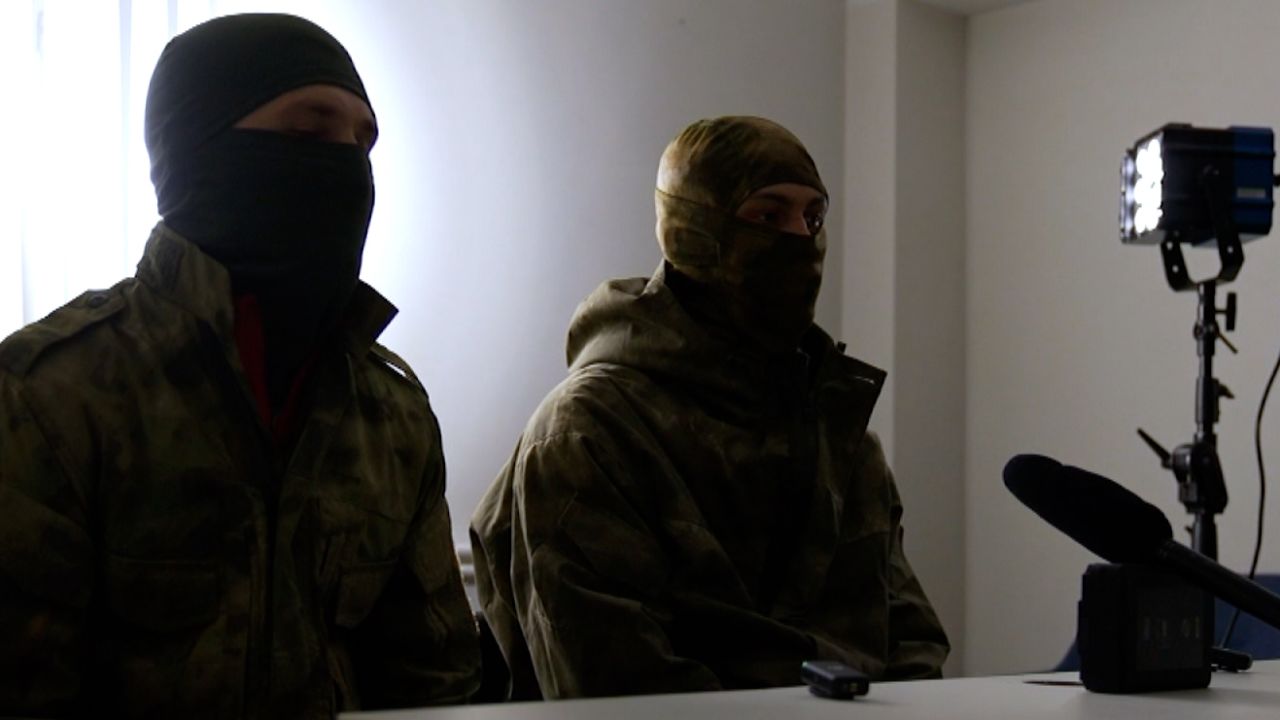The director of the International Atomic Energy Agency, Rafael Grossi, held talks in Moscow Thursday with the head of Russia’s state nuclear energy company, Rosatom.
“The discussion focused on issues related to ensuring nuclear and physical nuclear safety of the Zaporizhzhia (nuclear power plant),” according to a Rosatom statement.
The head of Rosatom, Alexey Likhachev, “informed the IAEA Director General about the steps that the Russian side is taking in this area, as well as about measures aimed at ensuring comfortable social and living conditions for workers of the plant and members of their families,” according to the statement.
“In addition, issues of current and future cooperation between Russia and the IAEA in other areas were touched upon. The parties confirmed the agreement to continue contacts,” the statement added.
Some context: Zaporizhzhia, with its six reactors, is the largest nuclear power station in Europe.
The IAEA serves as the United Nations’ nuclear watchdog agency and has repeatedly raised concerns about the threat of a nuclear accident at the Zaporizhzhia plant since Russia invaded Ukraine last year and seized control of the facility.
Grossi has assured Ukraine the IAEA will never recognize Russia as the owner of the Zaporizhzhia plant, according to Ukrainian Prime Minister Denys Shmyhal. Grossi also pledged a continuous presence of the IAEA at all of Ukraine’s nuclear plants.
What Ukraine is saying: Shmyhal has demanded control of the Zaporizhzhia facility be returned to Ukrainian authorities, plus a “complete withdrawal” of Russian troops and Rosatom personnel from the plant.
Last fall, as Moscow’s forces were tightening their grip on the facility, Ukraine’s military alleged that plant employees were being subjected to “moral and psychological pressure.” Some had been forced to obtain Russian passports and sign employment contracts with Rosatom, according to Ukraine.
CNN’s Yulia Kesaieva and Lauren Kent contributed to this report.
















